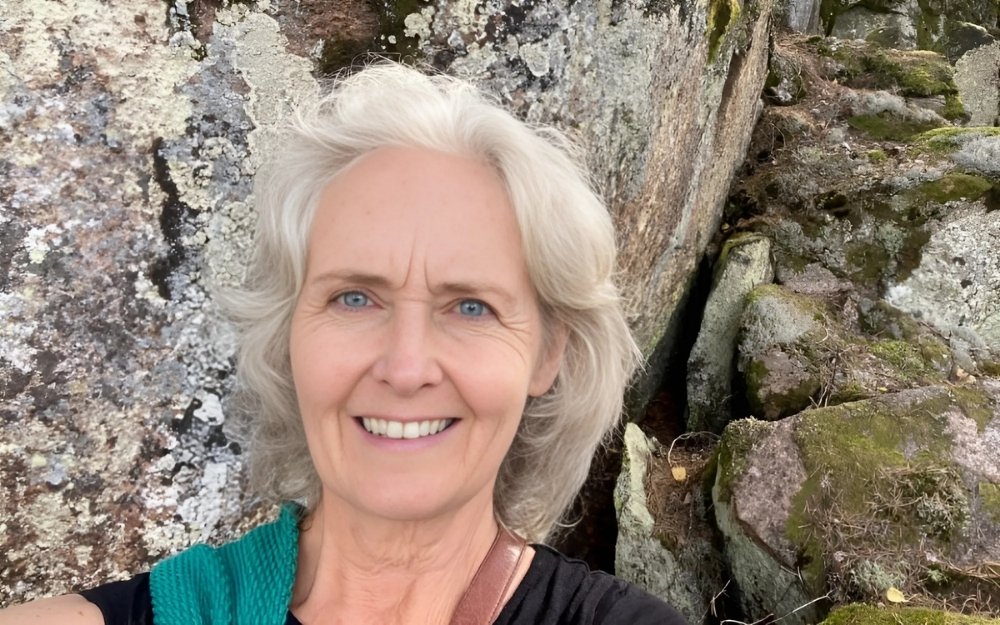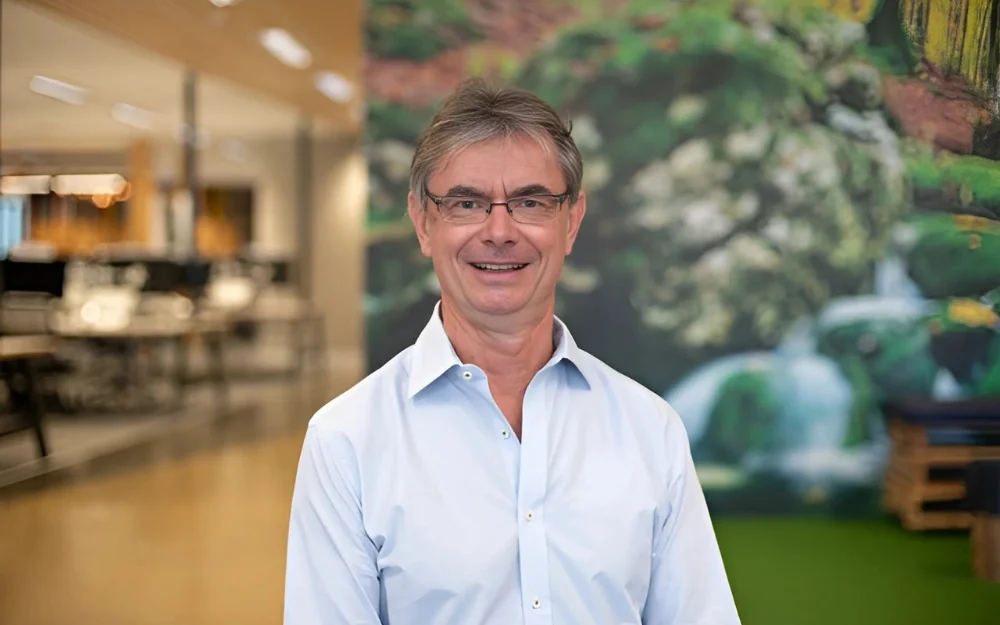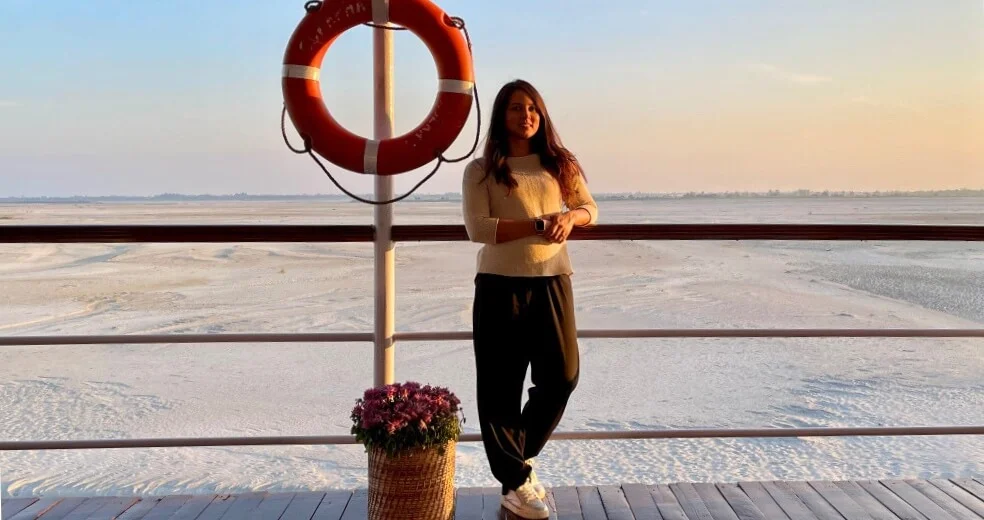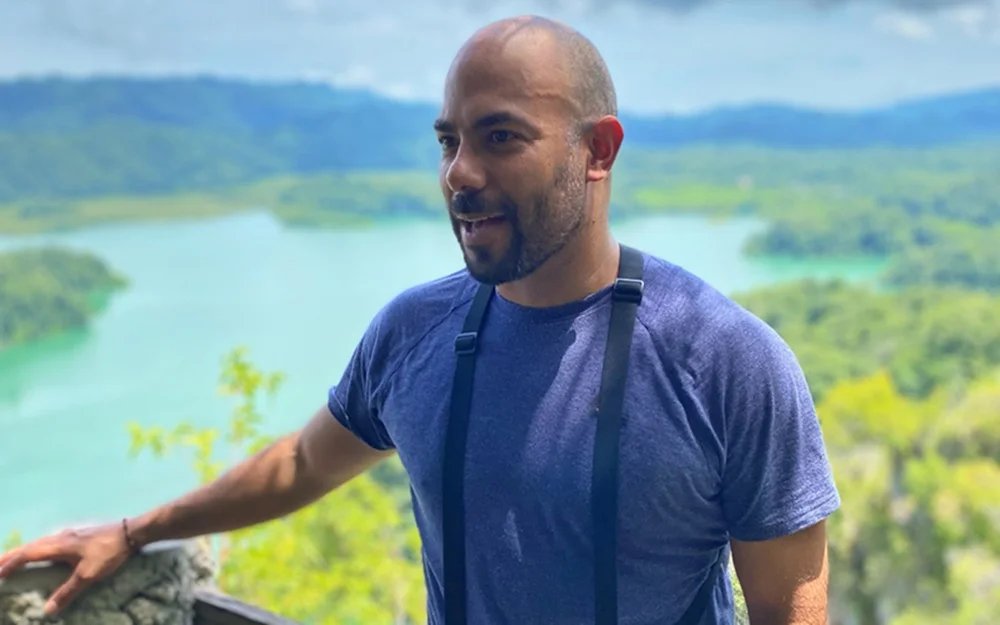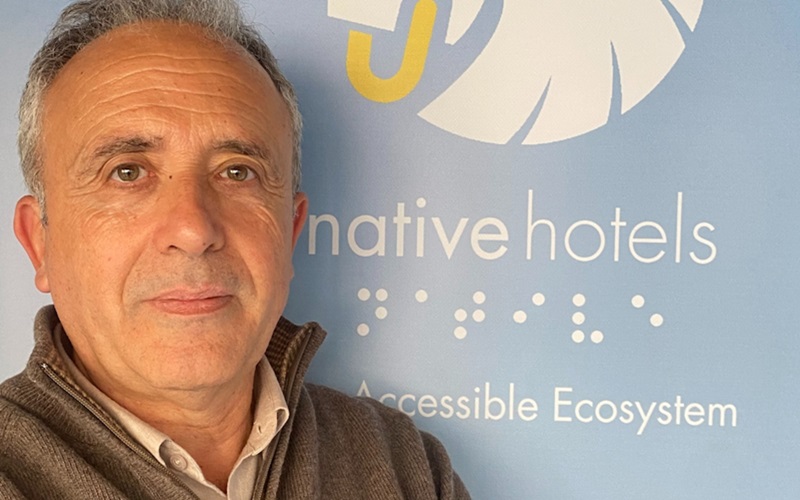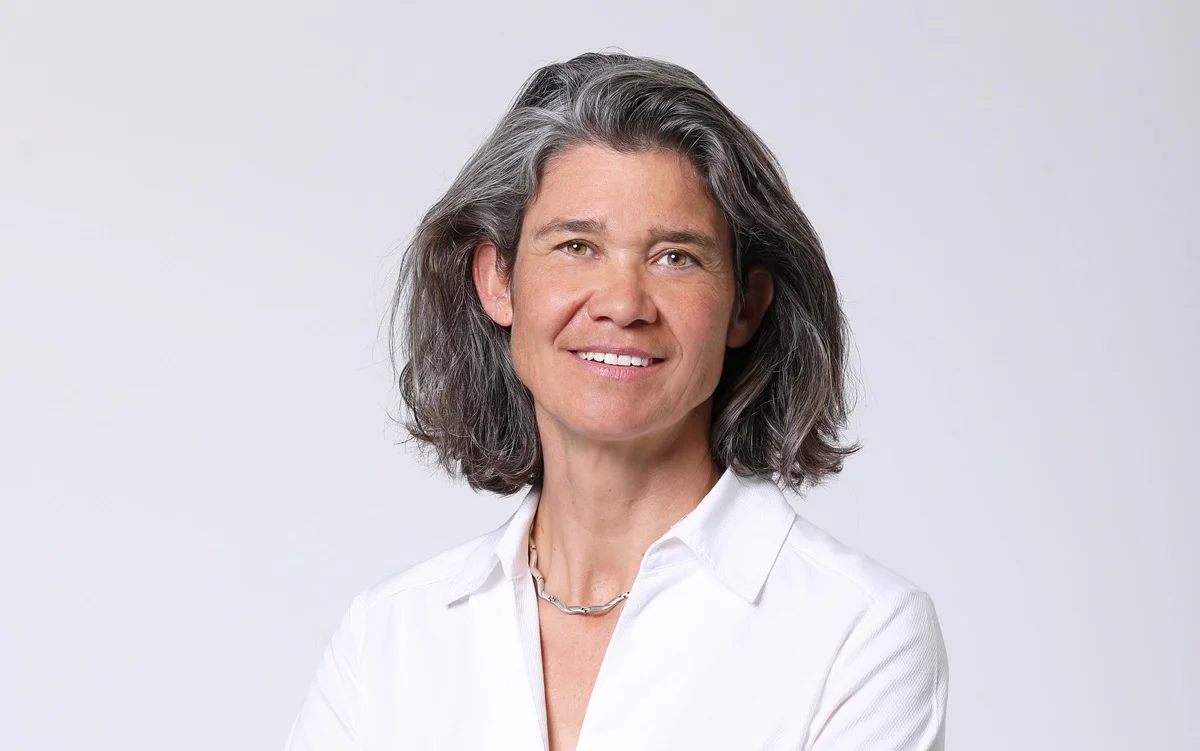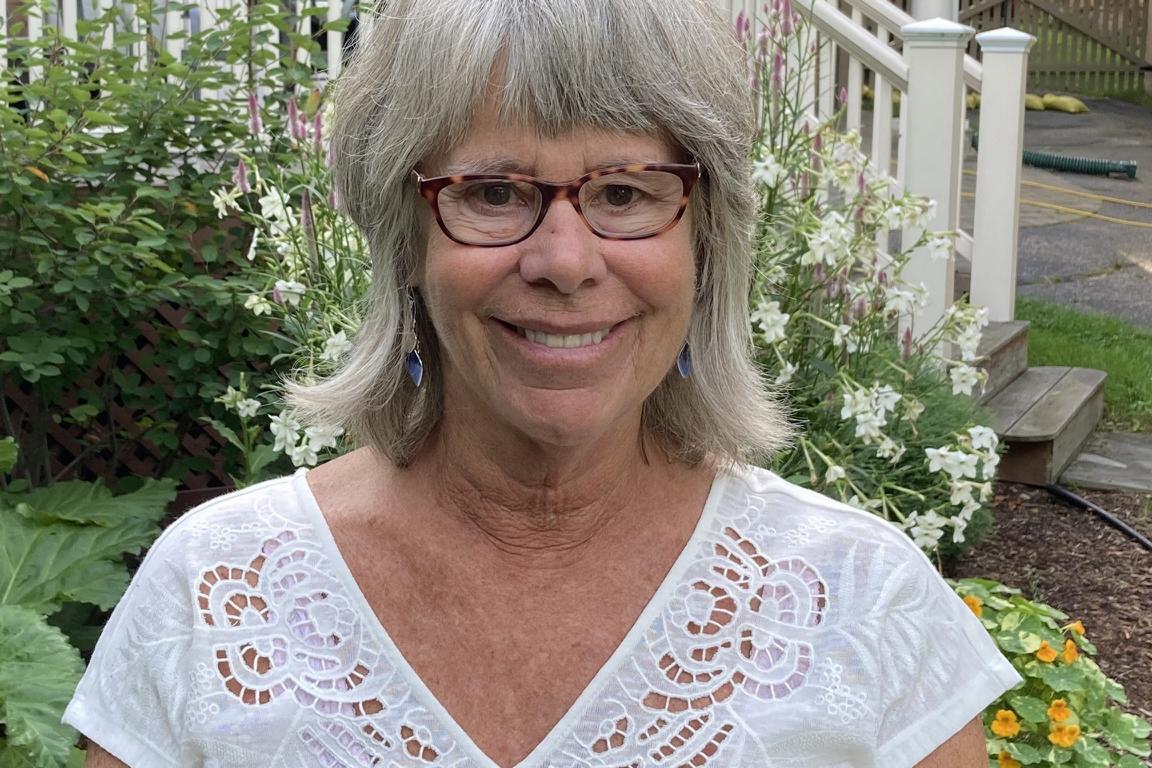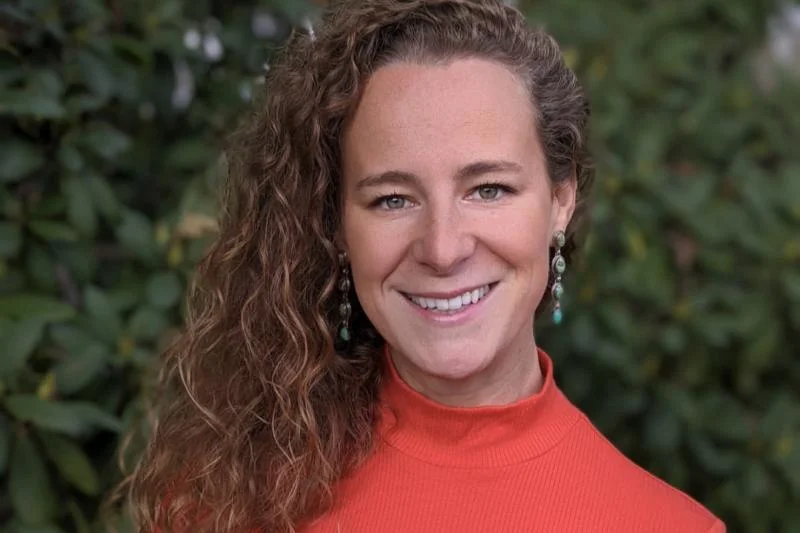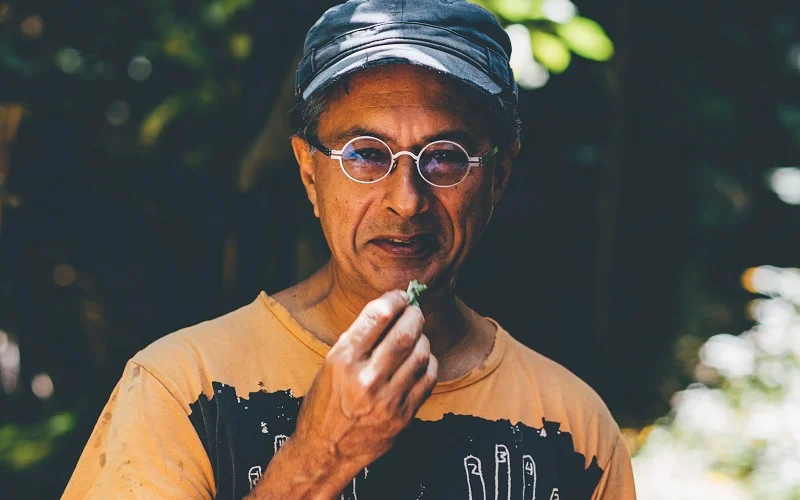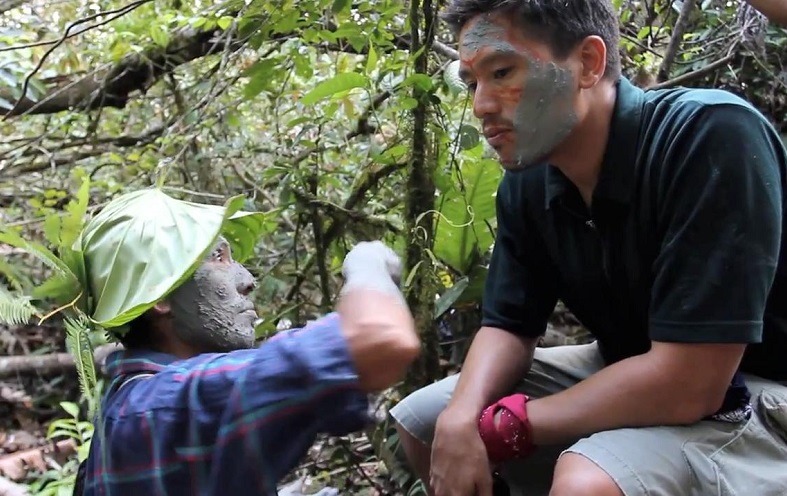
Bruce Poon Tip, celebrated tourism entrepreneur and founder of G Adventures, in this interview shares his sustainability journey. Learn how it all began, which challenges he has faced over the years, and what he’d do different if given the chance to start all over again.
Learn about:
- Why Bruce Poon Tip decided to focus his career on travel and sustainability;
- How his view on sustainability and tourism has evolved since he started G Adventures in 1990;
- What motivated him to set up the Planeterra Foundation;
- Lessons learned, and advice for entrepreneurs eager to follow his path.
Bruce, you are the founder and ‘master of time, space and dimension’ of G Adventures, a very popular travel business based in Canada – do you remember how it all started? When did you discover your passion for travel and sustainability?
I discovered my passion for travel at a very young age. As a young immigrant, moving to Canada had a big cultural impact, and as a child, reading encyclopedias and copies of National Geographic kept me interested in the world.
In terms of sustainability, after I founded G Adventures in 1990, I realised how important local communities are to tourism. I learned how protecting them can result in responsible travel success in terms of both wealth distribution in the destinations we visit, and authentic experiences for our travellers.
How has your view on sustainability in tourism changed since you started G Adventures?
I’d say my view has evolved, but it hasn’t changed. Like religion, there are lots of different ways to express the same thing, and different words to describe sustainable travel.
How people perceive sustainable travel has changed over time, and our customers’ demands for their travel experiences have helped us evolve.
As times have changed, we’ve evolved our ethical tourism practices. For example, just last year we introduced our Animal Welfare Policy, which was endorsed by Dr. Jane Goodall.
What motivated you to set up Planeterra Foundation? What is it all about?
When we first started out, we were working with NGO’s as our partners, organisations like Conservation International. As a growing, the for-profit business we found it difficult working with the same restrictions as these NGOs. We were young and nimble, and the processes were slow.
So in 2003, I decided we would set up our own non-profit foundation, and Planeterra was launched. It was designed with the same values as the business, and we were using our own money, not someone else’s.
Which of the projects recently supported by Planeterra Foundation did you personally find the most inspiring?
In 2015 we committed to building 50 new social enterprise projects in the next five years, bringing us to 75 projects by 2020. So it’s really hard for me to choose one, as we’re introducing so many.
I was blown away by the Ubuntu Training Cafe in Kenya when I visited last year. It’s a great example of how travellers can enjoy a unique travel experience. We provide them with lunch at the café, then they get to meet the women in the sewing factory onsite. These ladies are all mothers who have children with special needs, and travellers get to hear their stories of how employment has changed their lives. Travellers can then buy products made by the ladies to take home as souvenirs, putting money into the local economy, and benefiting the project, the mothers, and the local community.
You have won many awards and honors. Which accolade are you particularly fond of?
The awards that mean the most to me are ones that recognise the company for great work. I feel deserving to accept these awards. Being inducted into the Social Venture Network’s Hall of Fame is a great example, as it recognises all we do as an organisation.
Also, one of our social enterprise projects in Nepal, SASANE, was recently recognised by UNWTO. This was huge for us, as what we achieved was truly a team effort across many departments. These kinds of awards prove that what we do works.
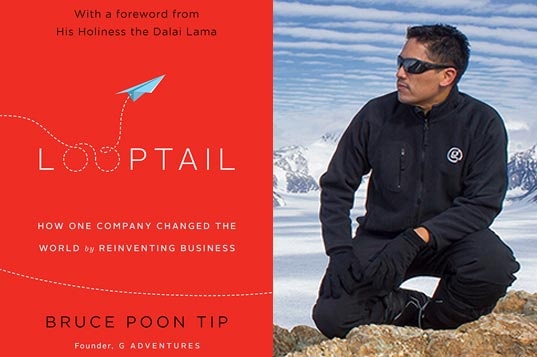 Various of our interviewees mentioned your books Do Big Small Things and Looptail as must-reads for tourism professionals. What motivated you to write those books and what are they about?
Various of our interviewees mentioned your books Do Big Small Things and Looptail as must-reads for tourism professionals. What motivated you to write those books and what are they about?
Before I wrote Looptail, I was doing up to 200 speaking events a year, and I couldn’t maintain my schedule any longer. So I decided to document the story in this book.
Looptail tells the story of our journey as G Adventures: how we got to where we are today, the movement we’ve created, and my business philosophies.
Writing Looptail also now means all the new people in the company can see where we came from, and understand our history.
My second book, Do Big Small Things was released to help celebrate our 25th anniversary. A few years earlier a publisher had seen what was our internal ‘Culture Book’ and wanted to recreate it. So we did in the form of this activity book for adults; to help them rediscover their passion for travel.
The UN has declared 2017 the International Year of Sustainable Tourism for Development. In your view, which are the main business challenges right now regarding the sustainability of travel and tourism?
We need more mainstream companies to get on board with responsible travel in ways that aren’t just greenwashing. There are too many companies not making social and sustainable responsibility an intrinsic part of their organisation – it’s not at the head table and that needs to change.
Sustainability needs to be a part of business models, and travel companies need to be held more accountable.
Imagine you could turn back time and start all over again. Knowing what you know now about travel and sustainability, what would you do differently?
I wouldn’t do a lot differently. If anything, we would have started Planeterra earlier. At the time I had to define sustainable travel myself, but then the world changed around me. Back when I started out, there weren’t names for cultural immersion and sustainability. That’s why we started Planeterra in 2003.
No, I wouldn’t change anything, we needed all the lessons to get to where we are today.
Your advice to entrepreneurs eager to develop products and services aimed at supporting sustainability in tourism?
Know your motivation. Know what your purpose and passion are, and don’t be motivated by money. Be patient. The ‘why’ becomes a very important part of what you do, and it helps the customer understand your business.
Thank you, Bruce.
Connect with Bruce Poon Tip on LinkedIn or learn more about G Adventures here.
Enjoyed our interview with Bruce Poon Tip of G Adventures in Canada? Share and spread the word!

